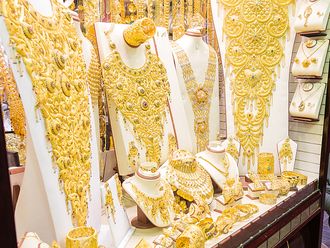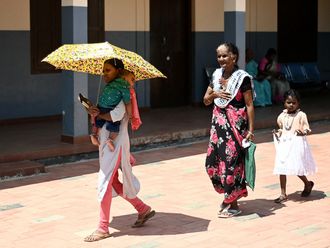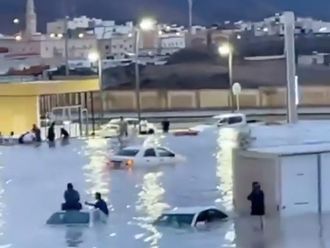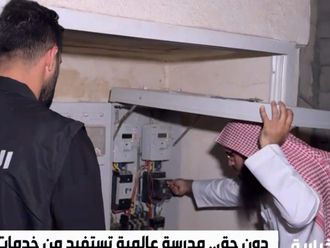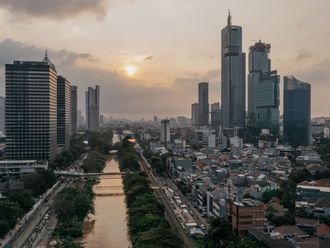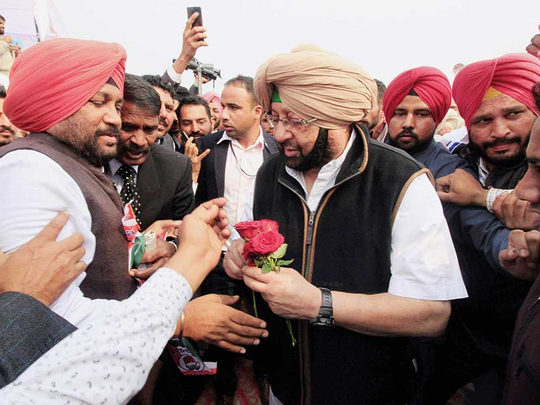
New Delhi: By winning the Assembly elections, Captain Amarinder Singh, 75, has put the Congress party back on the map in Punjab. Steering it to victory by scoring 77 seats in the 117 members assembly, Singh now occupies the post of the chief minister for the second time.
The win in the state — after a decade — led him to declare that Congress party’s revival had begun. “Not just the Punjab results, but also the party’s performance in Goa and Manipur indicate people are slowly getting disillusioned with other parties,” he says.
While the victory has come as a relief for the Congress, Singh has a long and tough road ahead. The Captain is, nonetheless, fighting at the forefront like a focused soldier.
Upon being elected, he immediately announced a slew of reforms. The first major decision was a ban on red beacons on government vehicles, which he considers “a matter of false prestige and ego.” Next, he put a stop to overseas trips for two years by ministers. “All government officials, including ministers, are aware of the pathetic economic condition of the state and my entire team is expected and is concentrating on addressing the problems within the state,” he declared.
Although referred to as the ‘maharaja’ (king) by many, Singh says, “I have never seen myself as a maharaja.” (Singh’s father was the last king of the erstwhile state of Punjab.)
Here are excerpts of his interview with Gulf News.
What immediate concerns are you trying to tackle in Punjab?
My major concern is to bring the state’s economy, which is reeling under an unprecedented debt of Rs. 2.5 lakh crores [Rs2.5 trillion, Dh143 billion], back on track in order to ensure economic uplift[meant] of the people. Then there’s the vital issue of restoring people’s faith in the state’s systems. Be it the administration or the police, the previous [Shiromani Akali Dal] government had shackled all systems to such an extent that people had not only become alienated, but also, started living in fear. This has to change and we have initiated major steps in this direction. Every promise made by us in the manifesto has to be fulfilled.
Faced with enormity of certain problems, does ‘Captain Cool’ (a nickname bestowed upon you) lose his temper?
I won’t say I lose my temper, but I do get upset and irritated when faced with obstacles in executing government’s vision and promises. I get irked on seeing officials trying to shirk their responsibilities. It also troubles me to find people resisting positive change in governance and refusing to change their regressive mindsets. It needs patience and perseverance on my part to make people see reason and logic and persuade them.
Of late, Punjab has been in the news for all the wrong reasons. How do you plan to turn things around?
If you are referring to some minor issues here and there, you need to understand that in a state, particularly a dynamic one like Punjab, which is struggling to emerge from the depth of devastation into which it plunged over the years, some problems will be there. And it will take time to revive the system. The process to turn things around has already begun and there’s a palpable difference on the ground. From confidence-building measures for investment in the industrial sector to the smooth procurement of wheat this season, the list is only getting longer.
Do you agree with former Director General of Police KPS Gill that drugs and unemployment are two huge challenges before Punjab?
Absolutely. I have personally cited these as the biggest problem areas for Punjab and we listed the two as major challenges in our election manifesto. It’s a vicious cycle. Unemployed youth are easily pulled into the quagmire of drugs and once they get addicted, it becomes impossible for them to get employment.
What steps are you taking to curb this menace? A survey in 2015 revealed that over 200,000 people were addicted to drugs.
It requires a multi-pronged effort to tackle the drug issue. We set up a Special Task Force (STF) under a very able officer who, with the support of multiple police and intelligence agencies across the state, has cracked down on the menace in a big way to successfully break the backbone of the drugs mafia. The public has come out in support to tip off the STF against drug dealers and smugglers. In addition, we are taking support of external agencies and even countries. These measures are showing tangible results with drugs already in short supply across the state and many big names are under scrutiny. With access to drugs blocked off, youth are approaching de-addiction and rehabilitation centres. These centres are being revamped to ensure patients are treated with compassion to enable them to return to the mainstream of society.
Recently, you sought help from the Centre?
Yes, I sought help from the Centre and the neighbouring states to assist us in our fight. The Centre should order security forces to maintain strict vigil on the border to check cross-border smuggling of drugs.
Have you set a deadline to root out this evil?
I had set four-weeks to break the back of the drugs mafia and we met the deadline. But complete elimination will take time. And I can assure [you], we will rid Punjab of this problem and make sure it does not raise its ugly head again.
How is the issue of waiver of farmers’ debt being dealt with?
The commission set up to ascertain the quantum of debt and to work out the modalities for its waiver is on the job. It will submit the recommendations soon. I have assured the farmers that I shall stand by my debt waiver promise and will implement it in totality.
Having been out of power for 10 years, what lessons have you personally learnt?
The biggest lesson is that power, like other materialistic things in the world, is transitory. It is just one tool that helps to serve the people. A natural corollary to this is that one should not allow oneself to become servile to power, which is a great servant if used correctly and a horrendous master if allowed free reign.
Quick profile
• Captain Amarinder Singh was born in Patiala, Punjab, on March 11, 1942, to Mohinder Kaur and Yadavindra Singh.
• He studied in Lawrence School, Sanawar; and Doon School, Dehradun, Uttarakhand.
• He graduated from the National Defence Academy in Kharagwasla in 1963 and took part in the 1965 war against Pakistan.
• His political career began in 1980, when he was elected as Member of Parliament on Congress ticket.
• Resigned from the Congress and the Lok Sabha in protest against the entry of the army into the Golden Temple during Operation Bluestar in 1984.
• Joined the Akali Dal and became agriculture minister in the Surjit Singh Barnala government in 1985.
• Resigned a year later and formed the Panthic Akali Dal, which later merged with the Congress in 1987.
• He lost the Lok Sabha elections in 1998 and served as Punjab Congress chief until 2002.
• Took over as chief minister in 2002-2007.
• Defeated Bharatiya Janata Party leader Arun Jaitley in the Lok Sabha elections in 2014.



